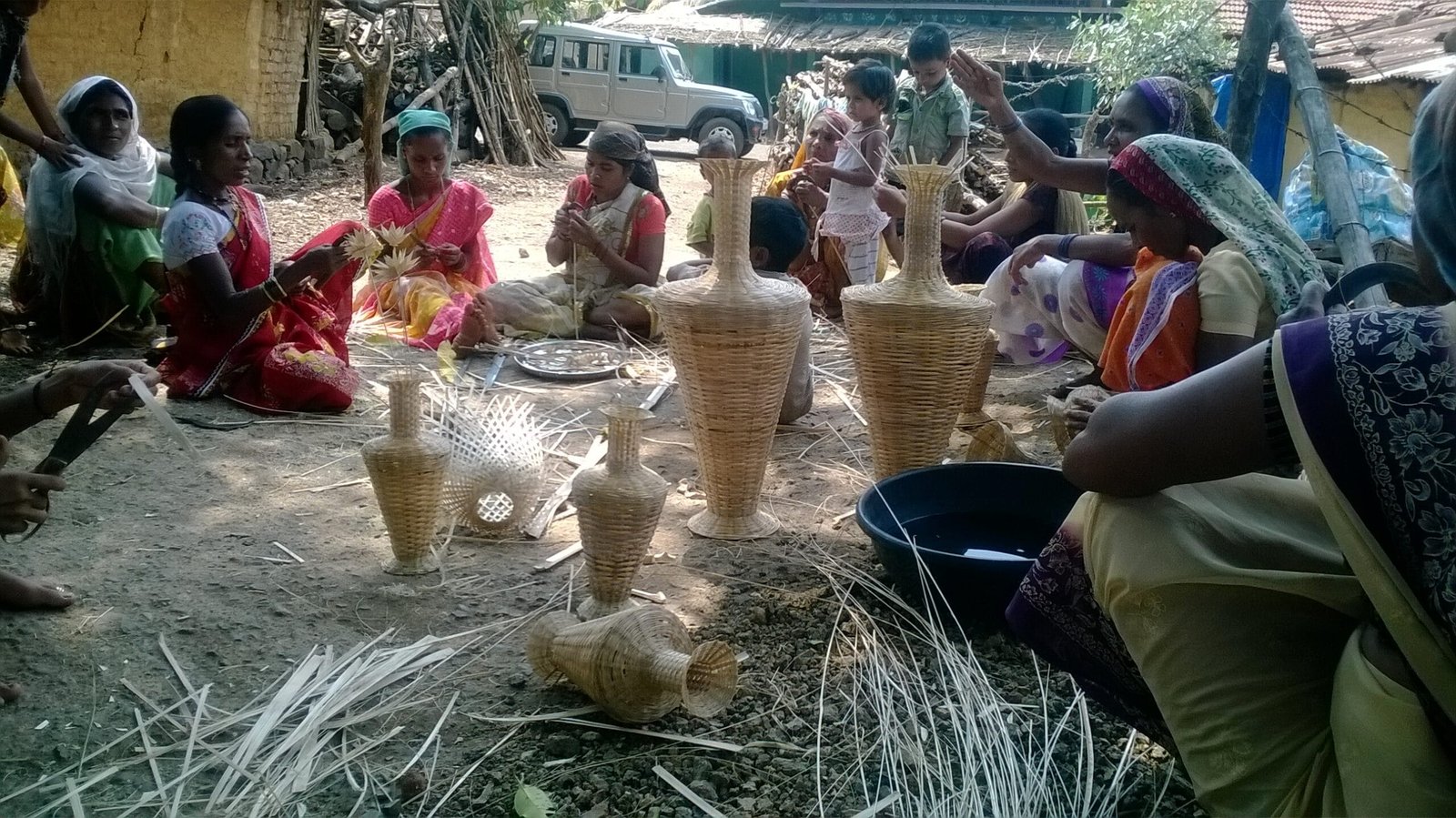India has always been a land of learning. From the ancient universities of Nalanda and Takshashila, which attracted scholars from across Asia, to the modern IITs and IIMs that produce global leaders in technology and management, education has shaped the soul of the country. Today, as India aspires to become a global knowledge economy, certain cities and regions have emerged as educational hubs—each with its own unique strengths, specializations, and cultural identity.
- Kota, Rajasthan – The Coaching Capital of India
Kota has earned the reputation of being the “Mecca of Competitive Exams.” What began in the 1980s with a few coaching institutes has now turned into a billion-dollar education industry. Every year, more than two lakh students from across India flock to Kota to prepare for IIT-JEE, NEET, UPSC, and other competitive exams.
Known for its rigorous schedules, test-series culture, and intense peer competition.
Success stories have made Kota a dream destination, but it is also criticized for student stress and mental health concerns.
Despite challenges, Kota remains unmatched when it comes to competitive exam training.
- Delhi–NCR – The Multi-disciplinary Knowledge Hub
Delhi has always been the political and intellectual capital of India. It is home to prestigious institutions such as Delhi University (DU), Jawaharlal Nehru University (JNU), Jamia Millia Islamia, and AIIMS.
Known for arts, humanities, law, social sciences, and medical education.
NCR towns like Noida and Gurugram add to the ecosystem with private universities and global corporate presence.
The city is also the centre of UPSC preparation, attracting lakhs of civil services aspirants to areas like Rajendra Nagar and Mukherjee Nagar.
Delhi thus represents a blend of traditional academia, research, politics, and public service.
- Bengaluru, Karnataka – Silicon Valley of Education
Bengaluru, the IT hub of India, has seamlessly merged technology and education. Institutions like Indian Institute of Science (IISc), IIM Bangalore, National Law School of India University (NLSIU), and IIIT-Bangalore have put the city on the world education map.
Strong ecosystem for research, science, law, and management.
Direct link between education and the booming start-up culture.
Attracts international students, particularly in tech-related courses.
Bengaluru proves that education can not only create jobs but also create new industries.
- Pune, Maharashtra – The Oxford of the East
Pune has earned the title “Oxford of the East” because of its vast network of universities and colleges. The Savitribai Phule Pune University, Symbiosis International University, and the Film and Television Institute of India (FTII) give the city a cosmopolitan academic culture.
Popular among international students, particularly from Africa, the Middle East, and South Asia.
Known for liberal arts, social sciences, media, and film studies.
A balance of modern universities and historical educational institutions.
Pune offers a youthful, diverse, and globally connected learning environment.
- Varanasi, Uttar Pradesh – Ancient Wisdom Meets Modern Learning
Varanasi, the spiritual capital of India, also houses one of the largest residential universities in Asia – Banaras Hindu University (BHU).
A centre of Sanskrit studies, philosophy, and Ayurveda since ancient times.
Today, BHU offers courses in science, medicine, engineering, and management.
The city represents the continuity of India’s guru-shishya tradition in a modern academic setting.
Varanasi reminds us that education in India is not just about employment but also about culture, heritage, and values.
- Mumbai, Maharashtra – Professional & Creative Hub
Mumbai, India’s financial and entertainment capital, has institutions that are leaders in their fields: IIT Bombay, Tata Institute of Social Sciences (TISS), St. Xavier’s College, and Sir JJ School of Art.
A hub for management, social sciences, arts, and media.
Strong industry-academia linkages because of Bollywood, stock market, and corporate headquarters.
Attracts creative minds and professionals who want to combine education with real-world opportunities.
- Chennai, Tamil Nadu – Engineering and Medical Capital
Chennai is known for its engineering and medical education. It hosts IIT Madras, Anna University, and several top-ranked medical colleges.
Chennai and nearby Vellore (CMC) are famous for health sciences.
Strong focus on engineering and applied sciences.
The city also balances cultural education with its classical music, dance, and literature traditions.
- Hyderabad, Telangana – A Growing Science & Business Hub
Hyderabad has emerged as a rising star in India’s educational landscape. Institutions like University of Hyderabad, Osmania University, IIIT-Hyderabad, and Indian School of Business (ISB) make it a preferred choice for students.
Special strength in IT, management, and biotechnology.
Presence of pharma and IT industries creates strong career opportunities.
Affordable living compared to Delhi, Mumbai, or Bengaluru makes it attractive for students.
- Ahmedabad, Gujarat – Design and Management Powerhouse
Ahmedabad is home to some of the most prestigious design and management schools in India:
IIM Ahmedabad – consistently ranked among the best business schools in the world.
National Institute of Design (NID) – India’s most reputed design school.
The city has become a symbol of innovation, entrepreneurship, and design thinking.
- Shillong, Meghalaya – The Academic Gateway to the North-East
Shillong has developed into an educational hub for the north-eastern states. Institutions like IIM Shillong, North-Eastern Hill University (NEHU), and NIFT Shillong have given the city a reputation for quality higher education.
Known for its scenic campus life.
Attracts students from all over the northeast, reducing dependency on Delhi or Kolkata.
A rising hub for youth development, research, and cultural studies.
The Road Ahead: India’s Education Future
India’s dream of becoming a knowledge superpower depends on how well it nurtures these hubs and expands opportunities beyond metros. The New Education Policy (NEP 2020) envisions:
Greater internationalization of universities.
Stronger research ecosystems through National Research Foundation.
Skill development integrated with traditional learning.
Equal focus on humanities, sciences, and vocational studies.
If ancient Nalanda was the pride of India’s past, the new hubs like Bengaluru, Pune, and Delhi could be the pride of its future. Each city plays a distinct role—together, they form a network of knowledge centres that drive India’s growth story.
In conclusion, there is no single “Educational Hub of India.” Instead, India is blessed with multiple hubs, each with its own legacy and specialization—from Kota’s competitive edge to Varanasi’s cultural wisdom, from Bengaluru’s tech drive to Pune’s cosmopolitan charm. Together, they make India one of the world’s most diverse and dynamic educational landscapes.












